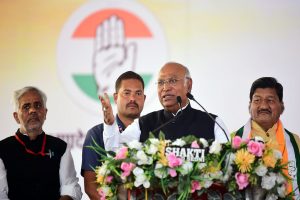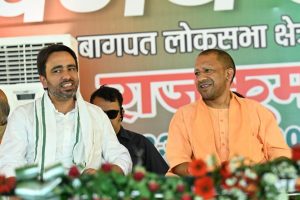Nepal will soon be running out of funds to support the import of essential commodities. The development has set alarm bells ringing for the nation. The current forex reserves are available with the Nepal Rashtra Bank signal that the Himalayan nation would be unable to sustain its import functions beyond seven months. The bank had earlier implemented certain import control measures, but they went in vain.
In the ongoing fiscal year, the total foreign exchanges of Nepal have decreased by an alarming 21.1%. In July 2021, the total forex reserve was $11.75 billion, which has decreased to $9.28 billion according to the latest figures. It is denoted that as per the available forex chest, the import of goods and services can only be sustained for another 6.6 months at the most. Nepal has set a target of maintaining the forex reserves that sustain the imports for at least 7 months.
It must also be noted that in mid-July last year, the country had a total forex reserve that would help it sustain imports for 10.2 months. In November 2021, the reserve hit the seven-month mark and ever since then it has been falling down.
Advertisement
This year, in April, the government of Nepal issued a notification to ban the import of around 10 goods, which were deemed non-essential. The notification was declared effective till the end of the fiscal year and it was aimed to stop the country’s foreign reserves from plummeting further.
The list included goods like liquor, tobacco products, mobile sets priced over $600, diamonds, cars and vans (except ambulances), jeeps, color television sets larger than 32 inches, dolls, motorcycles above 250CC, snacks and cards. The government categorically imposed strict restrictions on the import of gold jewelry. The duty on bullion import was also hiked.
Amidst this scenario, some economic experts have also raised questions over the role of banks and financial institutions. It is noted that banks are approving loans of large amounts and there is non-availability of ‘loan-able’ funds. The question raised is whether the foreign exchange reserve reflects the true picture.
Dipendra Bahadur Kshetry, a former governor of central bank said, “Many letters of credit (LC) might have been opened for importing goods whose payment is pending. Foreign exchange reserves might decline further if payments due to all the letters of credit are made.”
In the context of the above statement and the matter related to LC, many experts have commented that the import controls as notified by the government, are mere eye-wash. They say that the government does not have any control over the products being imported.
Responding to the allegations being made about the LC, Prakash Kumar Shreshtha (Chief of the Economic Research at the central bank) said, “We don’t have details about LC-related liabilities immediately”.
Experts say that if the LC-related are truly paid-off that the figures of the foreign reserve as shown by the central bank must be much lower. They maintain that it is an issue of great concern.
Nara Bahadur Thapa, former executive director of the Nepal Rastra Bank said, “We are at a critical juncture, which is evident from the existing level of foreign currency reserves. As we have become an increasingly import-dependent country, we must have foreign currency enough to sustain imports for seven to ten months, at least. This suggests our increasing dependence on imports for which we need more foreign currency. In fact, we rely on imports for our living and carrying out development activities,”
Some officials and economic experts continue to doubt the measures being implemented by the government. The import figures are still very high.
Advertisement











